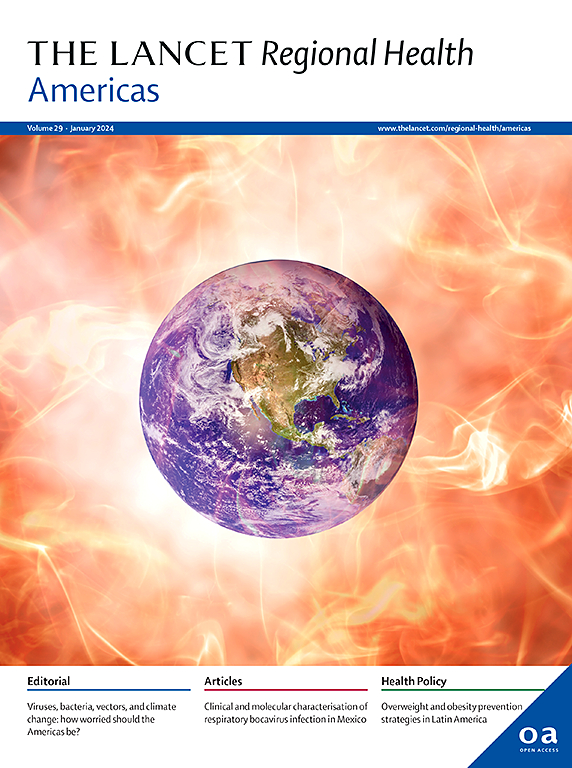The impact of stigma and discrimination-based narratives in the health of migrants in Latin America and the Caribbean: a scoping review
IF 7
Q1 HEALTH CARE SCIENCES & SERVICES
引用次数: 0
Abstract
Stigma and discrimination-based narratives have been associated with adverse health outcomes. Migrants and refugees face multiple barriers to accessing healthcare, influenced by stigma and discrimination-based narratives against them. We conducted a scoping review of scientific and grey literature (n = 61) to discuss available evidence in Latin America and the Caribbean (LAC) concerning communication and narrative speeches related to international migration and its implications for population health, particularly when associated with stigma and discrimination against migrants and refugees. We found that a better understanding how communication and narratives might affect migrants’ experience while transiting or residing in a different country is valuable for public health and health systems performance aims. Our review depicts the multilevel and dynamic effects of stigma and discrimination-based narratives against migrants in Latin America, highlighting the urgent need for transformative and constructive social and healthcare narratives around migration to promote population health in the region.
基于耻辱和歧视的叙述对拉丁美洲和加勒比地区移民健康的影响:范围界定审查
本文章由计算机程序翻译,如有差异,请以英文原文为准。
求助全文
约1分钟内获得全文
求助全文
来源期刊

Lancet Regional Health-Americas
Multiple-
CiteScore
8.00
自引率
0.00%
发文量
0
期刊介绍:
The Lancet Regional Health – Americas, an open-access journal, contributes to The Lancet's global initiative by focusing on health-care quality and access in the Americas. It aims to advance clinical practice and health policy in the region, promoting better health outcomes. The journal publishes high-quality original research advocating change or shedding light on clinical practice and health policy. It welcomes submissions on various regional health topics, including infectious diseases, non-communicable diseases, child and adolescent health, maternal and reproductive health, emergency care, health policy, and health equity.
 求助内容:
求助内容: 应助结果提醒方式:
应助结果提醒方式:


